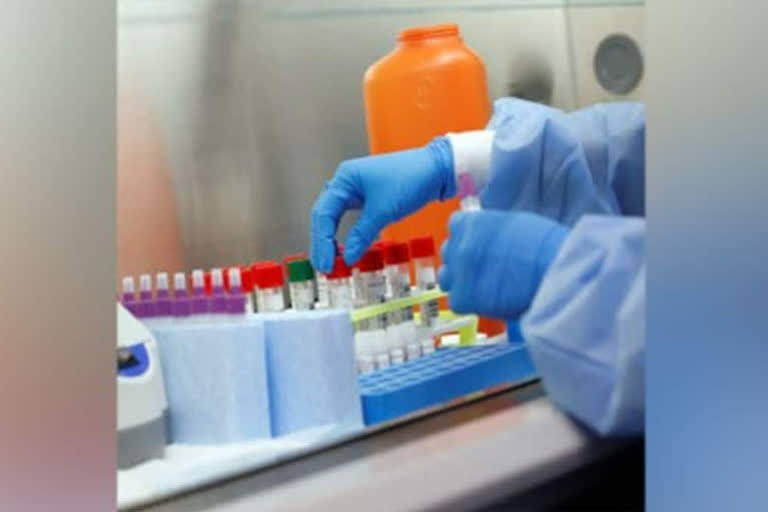Hyderabad(Telangana): It has been three months since the World Health Organisation(WHO) asserted that extensive testing was the key in the war on COVID-19. Though India has focused on procuring and developing testing kits, the current testing rate still stands at 1,50,000 per day.
Though the 52.47 per cent recovery rate is comforting, the dismal testing rate is proving fatal for high-risk groups (people with cardiac, renal and pulmonary ailments, diabetes, hypertension). As the Lancet study revealed that 170 crore people worldwide (20 per cent of the world population) are at greater risk from corona, the CCMB director’s suggestions are worth considering.
Rakesh Mishra, Director, CSIR-Center for Cellular and Molecular Biology (CCMB), stated that extensive testing played a crucial role in controlling the contagion in Dharavi, Asia’s largest slum. He insisted that India should increase its testing capacity to 10,00,000 samples a day. At present, there is a shortage of RT-PCR testing kits. In addition, importing real-time RT-PCR primers and probes has proven to be an expensive affair. As a solution, the CCMB has developed a cheaper nested PCR procedure, which awaits ICMR’s approval. Meanwhile, scientists at NIMS, ESI and TIFR have developed RT-LAMP method, which diagnoses COVID-19 within half an hour. ICMR has approved a new antigen/antibody testing developed by a South Korean firm. In order to win the war on corona, it is imperative to take the large-scale testing path.
